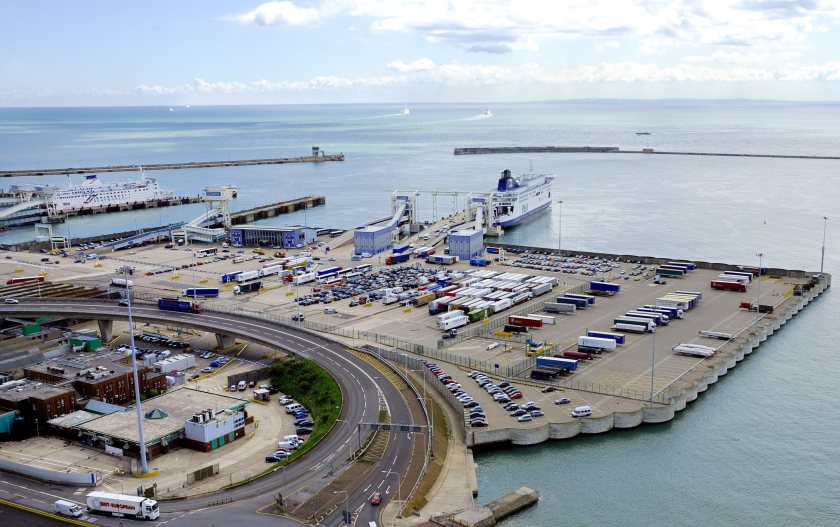MPs warn illegal meat could trigger major disease outbreak

The UK is facing its biggest food safety threat since the horse meat scandal, MPs have warned, as illegal meat smuggling into Britain reaches what they describe as “alarming” levels.
A report from the Environment, Food and Rural Affairs (EFRA) committee, published today (8 September), highlights how growing volumes of unregulated meat and dairy products are entering the country both for personal consumption and commercial sale.
The committee warns the scale of the problem is not fully understood, branding it “unacceptable” that no clear public data exists on the quantities or destinations of illegal imports.
The report highlights that illicit imports carry a high risk of spreading devastating animal diseases such as foot and mouth disease and African swine fever (ASF), both of which can travel across borders in contaminated meat and dairy products.
MPs who sit on the parliamentary committee warn that such outbreaks could threaten farming, food security and the wider economy.
Consumer health is also at risk, the report notes, as illegally imported meat may have been slaughtered, handled or stored in unhygienic conditions, making it more likely to carry bacteria, viruses and parasites.
During a visit to the Port of Dover earlier this year, MPs witnessed meat concealed in plastic bags, cardboard boxes and even a defrosted chest freezer.
They were alarmed at the poor facilities available to Border Force, with inadequate decontamination measures and no dedicated handwashing areas.
One port worker told MPs they had “found an entire pig stuffed inside a suitcase; its legs cut off badly so that it could fit inside. Not a professionally butchered animal”.
Staff from Dover Port Health Authority said "there are literally hundreds of targeted vehicles driving straight past as we do not have the resources to stop and search”.
The committee disputes Defra’s claim that border checks are “intelligence led”, instead describing a system marked by “a limited and incomplete intelligence network, strained enforcement capability, and port facilities unsuitable for seizing significant volumes of potentially contaminated meat”.
MPs conclude there is currently no effective deterrent against meat smuggling. They are calling for immediate fines and prosecutions of repeat offenders and large-scale smugglers. Defra’s plan to crush vehicles carrying illegal imports, they warn, is “not a silver bullet”.
The report argues that animal disease risks must be treated as a national security issue. It calls for Defra to take ownership by developing a national strategy on the smuggling of products of animal origin (POAO).
MPs also say the public remains poorly informed about the risks of animal disease and the rules on what food can be brought into the country. They are urging government to roll out broader awareness campaigns.
While welcoming the ban on personal imports of most meat and dairy from the EU, the committee says enforcement has been “toothless”, with large amounts still entering the UK unchecked through airports, seaports and the Eurotunnel.
Criminal networks are said to be exploiting these routes “with impunity” to move bulk quantities for sale on UK markets, high streets, farms and restaurants.
Alistair Carmichael MP, chair of the committee, said Britain was facing a growing crisis as authorities struggled to deal with the scale of meat smuggling.
He warned that vans carrying illegal and unhygienic products were passing through ports every day, with enforcement teams unable to keep up.
“Every day, vans laden with undeclared, unhygienic and unrefrigerated meat are rolling through our ports for distribution and sale in Britain,” he said, adding that officials “find themselves without the necessary leadership, resources and intelligence” to respond effectively.
Mr Carmichael described the situation as “Britain… sleepwalking through its biggest food safety crisis since the horse meat scandal” and said the greater danger lay in the possibility of a major animal disease outbreak.
He pointed to the recent case of foot and mouth disease in Germany, which he said was “most likely caused by illegally imported meat” and had cost the country’s economy one billion euros.
He stressed that the problem had been building for years under successive governments and urged ministers to act now.








